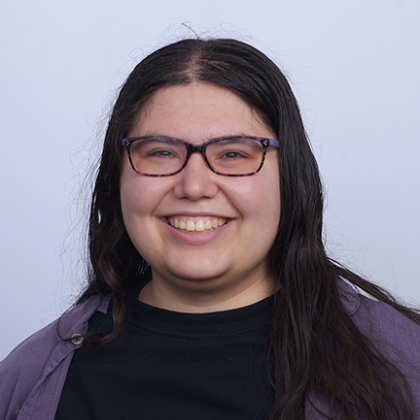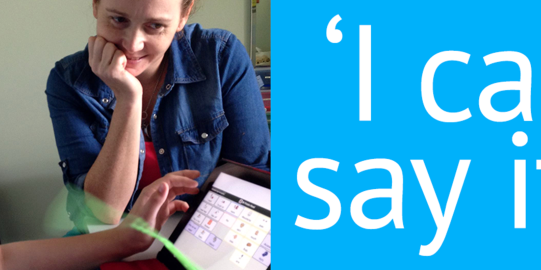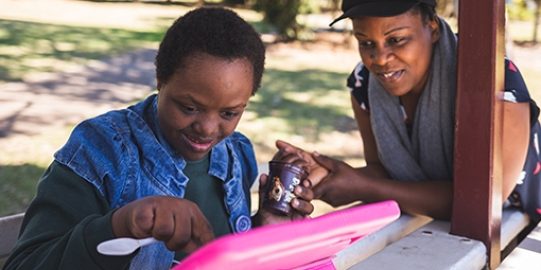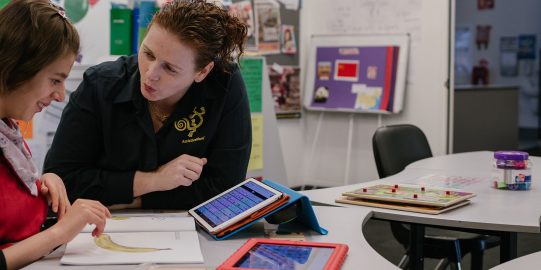Our sessions at ASHA 2025
Novel Approaches to Measuring AAC Linguistic Competence
Presenter: Alyssa Hillary Zisk
Date: Friday, November 21 | Time: 8:00 AM - 9:00 AM | Location: Marr/Marquis Ballrm, Salon 7 (Mtg Lvl 2, LL)
This session explores how to measure multiple dimensions of linguistic competence for language produced with AAC systems. We analyzed anonymous language use data from over 30,000 symbol-supported and text-based AAC systems. We identified methods to measure the syntactic, semantic, morphological, and phonological components of linguistic competence while respecting AAC user privacy. The most robust measures were based on the syntactic diversity and lexical diversity of spontaneous novel utterances (not including pre-programmed phrases). The morphological diversity and percentage of correctly typed unique words (phonological) also address aspects of linguistic competence. The methods are insensitive to language sample size and can be used for both emergent and advanced users.
Enhancing SLP Impact: Integrating AAC into the Classroom
Presenters: Carolyn McCoy and Nicole Case
Date: Saturday, November 22 | Time: 3:00 PM - 4:00 PM | Location: CC/West Salon G (Lvl 1)
Clinicians are expected to provide more support to growing caseloads, but with less time and resources. Our job is to teach a range of AAC systems, build vocabulary, support meaningful participation, scaffold access to the curriculum, and foster social connection. We need to change how we work if we will pull all this off! This session will explore real-world practical examples of how we support AAC learners in regular classrooms. We will demonstrate how we use AAC to help students deepen their understanding of concepts, increase engagement with content, and support problem solving. Best of all, we’ll share how we have increased our capacity as clinicians by embedding AAC in the regular classroom, as a Tier 1 universal support.




